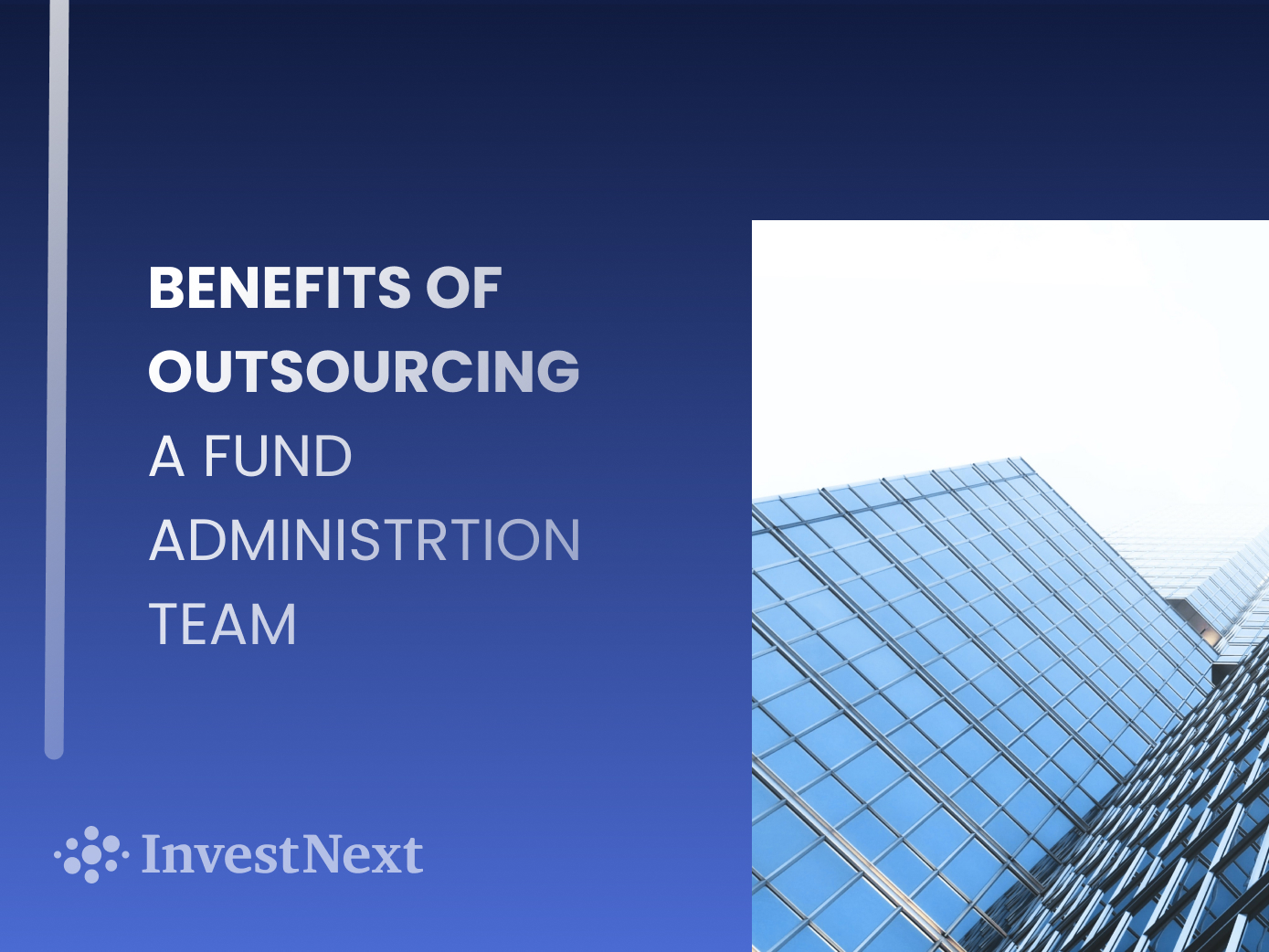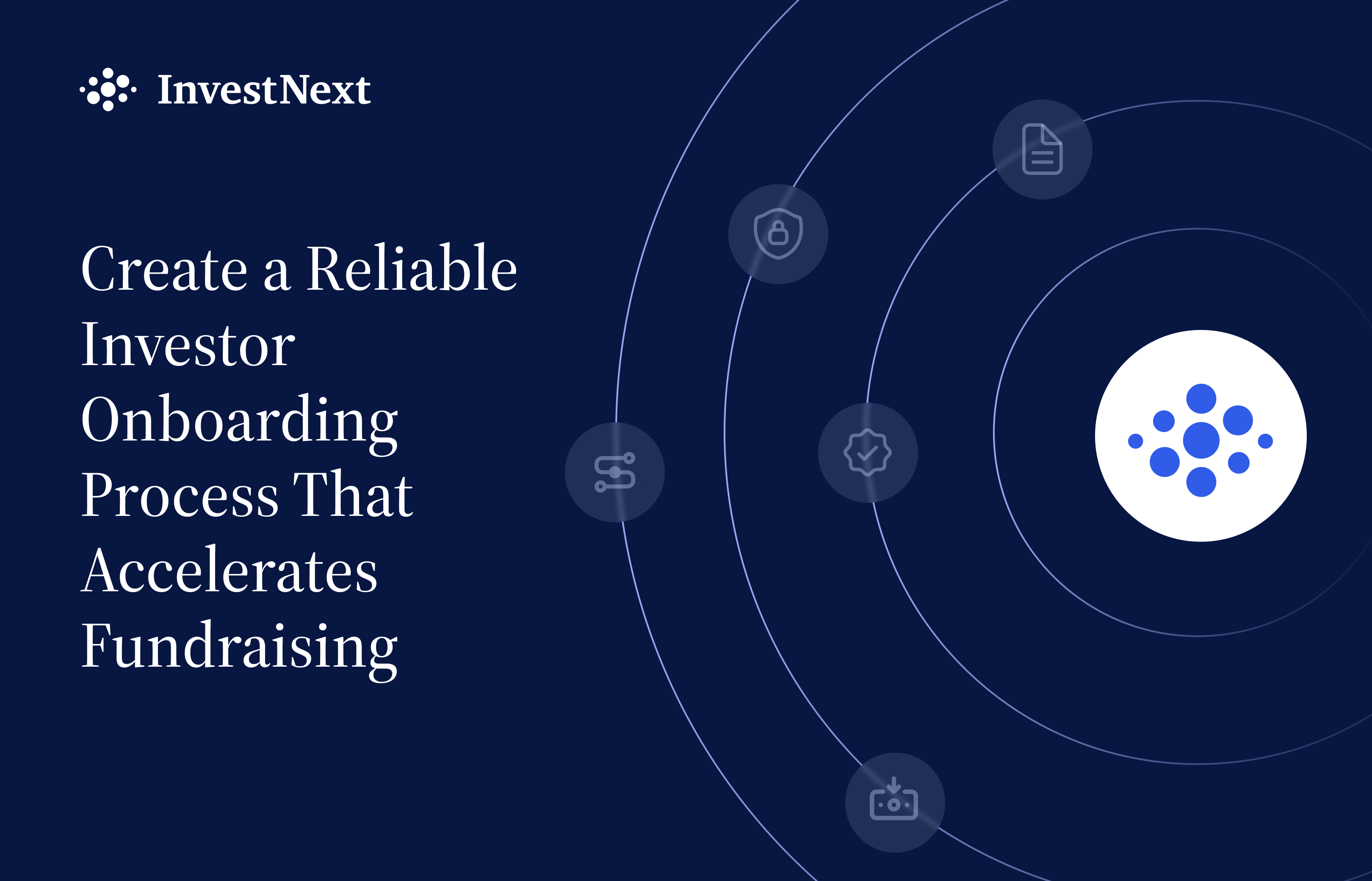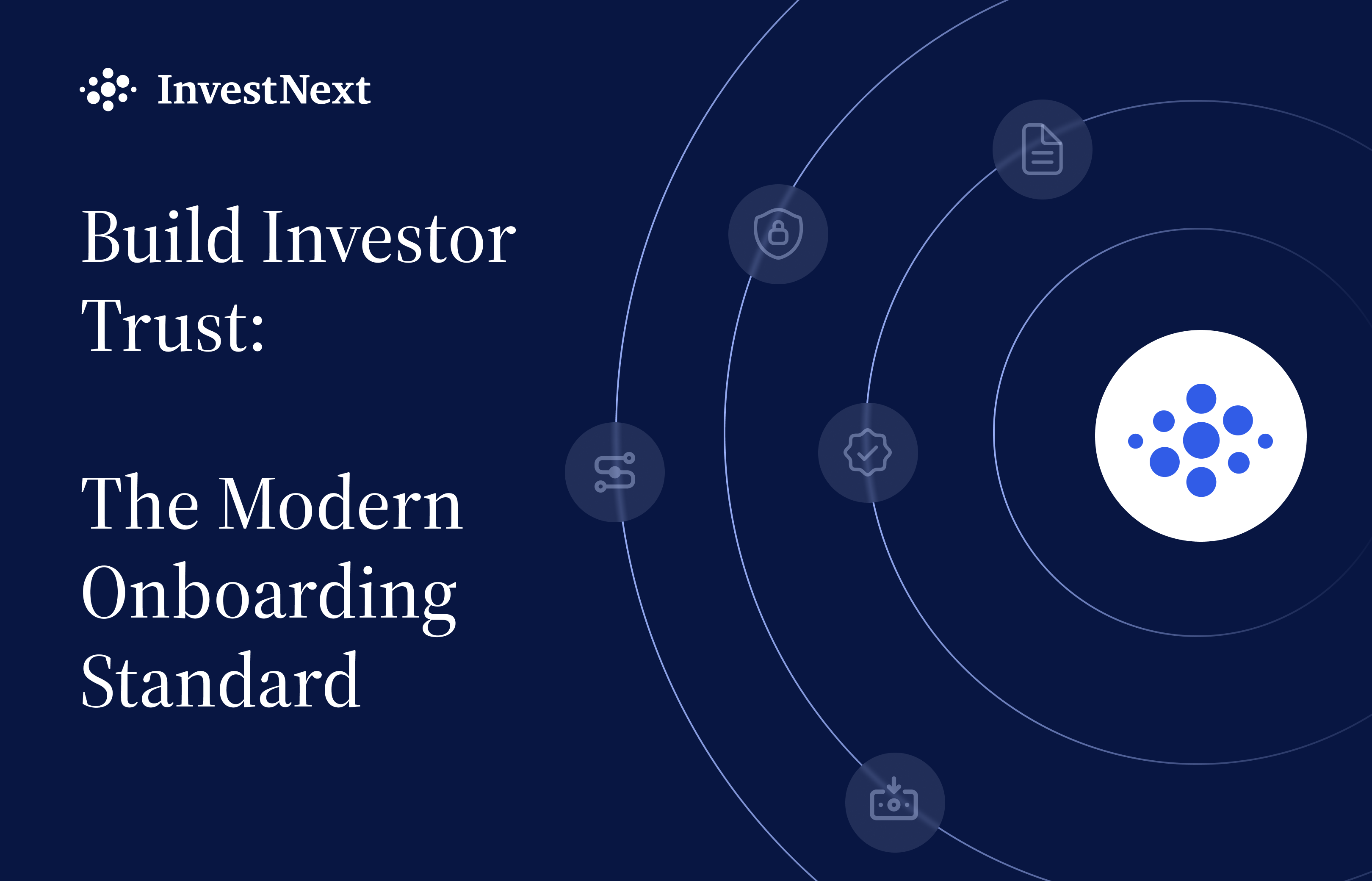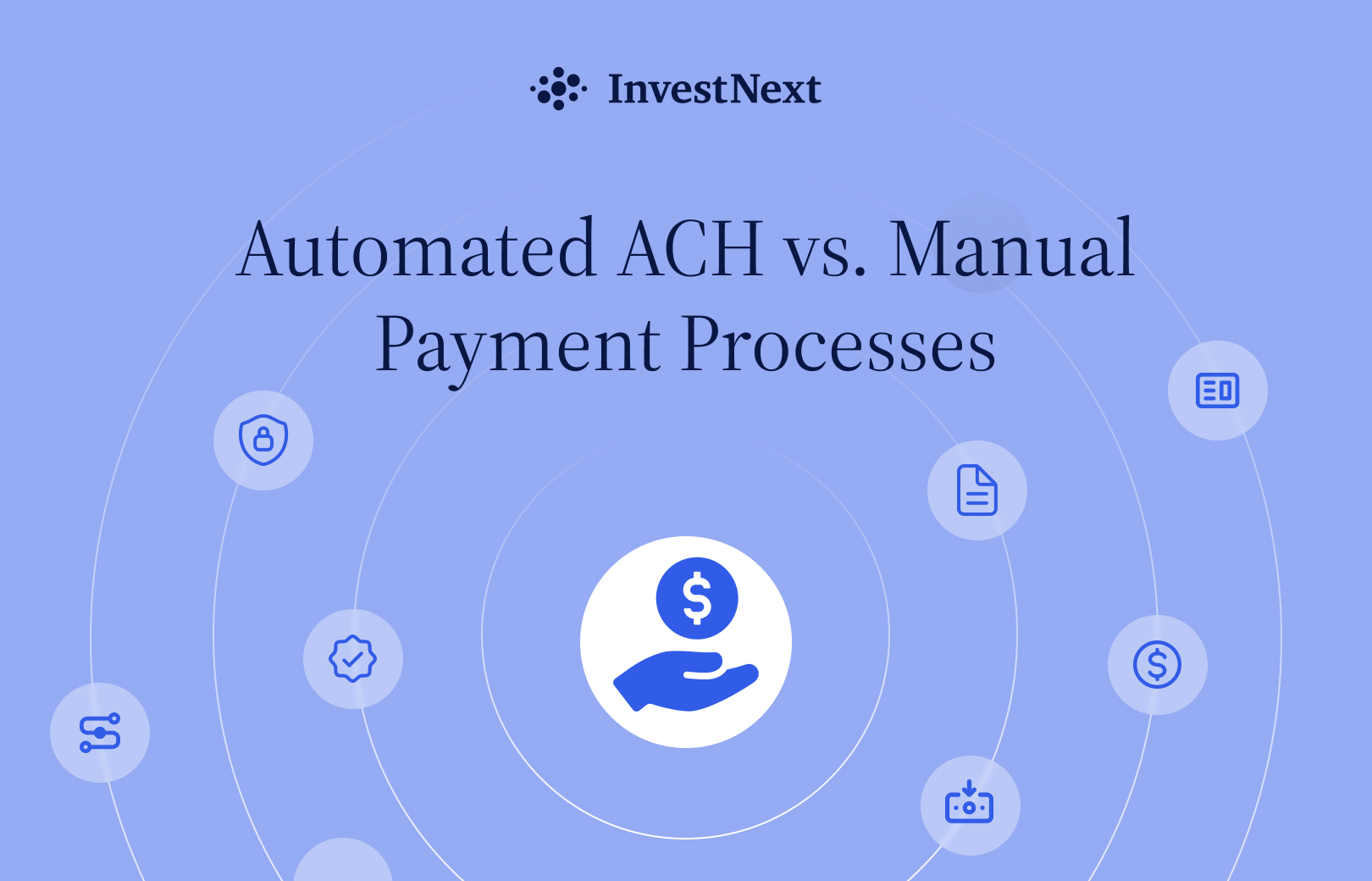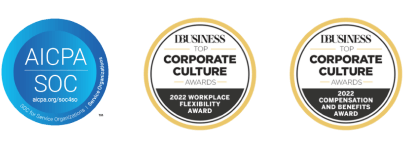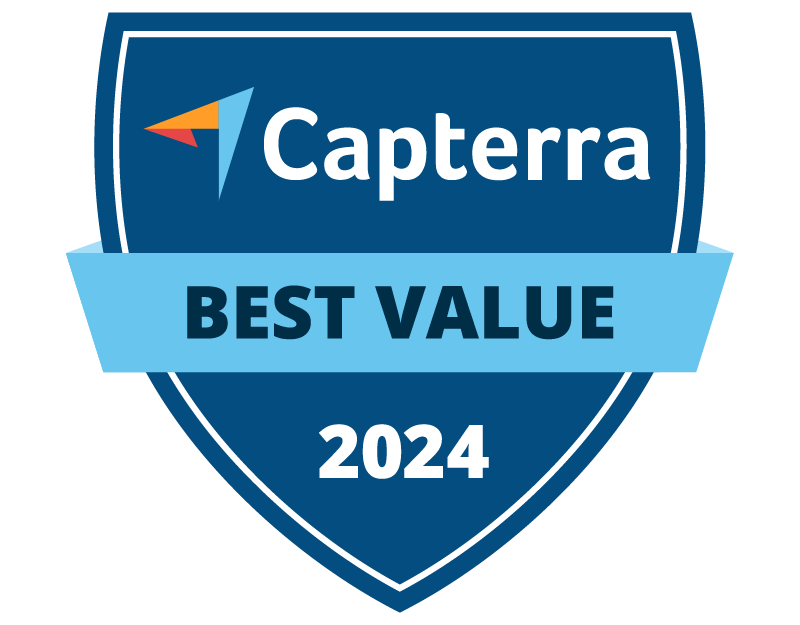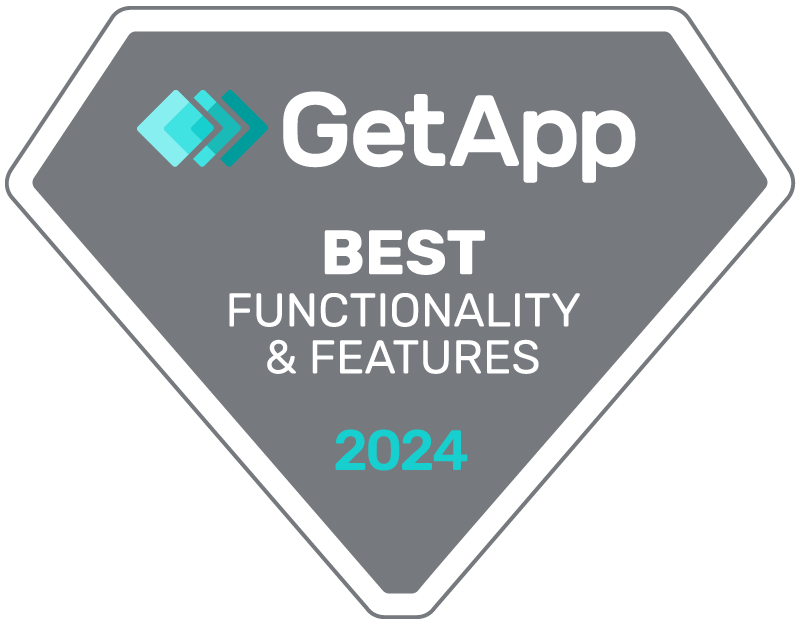Fund administration is one of the most critical components in the investment management process. Having an efficient and accurate flow of operational and administrative functions, including accounting, reporting, and regulatory compliance will allow fund managers or sponsors to focus on the more important task of running a profitable business.
Outsourcing a fund administration team has become increasingly popular as real estate firms look to improve investor relations and efficiency. As a sponsor, it’s essential to understand the benefits of subcontracting the administration process to dedicated teams. This article will cover the key considerations for identifying the right fund management team for your firm.
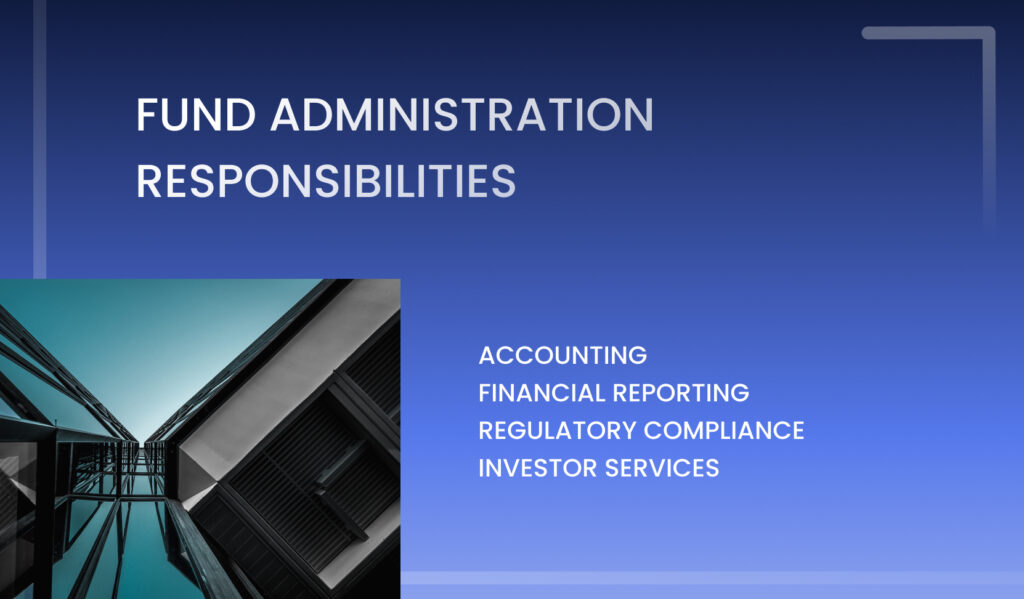
Fund Administration Companies Responsibilities
The responsibilities professional administrative services provide can vary depending on the size and complexity of the firm and the funds operated under management. Some of the key duties include:
Accounting: Fund Administrators are responsible for maintaining accurate and up-to-date accounting records. This includes recording all transactions, reconciling bank and brokerage statements, and preparing financial statements.
Financial Reporting: Preparing and distributing various reports to investors and regulatory agencies. This includes performance reports, tax reports, and compliance reports.
Regulatory Compliance: Professional administrative services are responsible for ensuring the fund complies with all relevant regulatory requirements, this includes filing needed reports and disclosures adhere to all applicable laws and regulations.
Investor Services: Fund admins are often the primary point of contact if your firm has a dedicated fund manager; they are responsible for providing them with timely and accurate information throughout the investment fund cycle, which enables investor relations.
Benefits Of Outsourcing Fund Administration Services
According to industry data, private equity experts are progressively utilizing outsourcing as a resolution to address resource-related difficulties. Global fund administration service group, Vistra, conducted a recent study revealing that over 50% of the interviewed general partners outsource some of their administrative tasks to third-party providers. Additionally, almost 40% of them anticipate outsourcing additional functions in the future. The study highlights that outsourcing fund administration allows them to tap into specialized expertise and is a more efficient solution, particularly for those with a worldwide presence.
Let’s look at some key benefits of outsourcing a fund operations team.
Cost Savings and Efficiency
Delegating fund administration tasks to third-party providers can aid in operational efficiencies by reducing expenses and streamlining organizational tasks. By utilizing external services, syndication firms can dispense with the need for maintaining in-house staff and infrastructure, which can be expensive. Furthermore, contracting out can provide greater staffing flexibility, enabling GPs to adjust their team’s size according to fund requirements.
Expertise and Experience
Fund administrators are industry experts and provide the necessary experience to manage a fund’s operational and administrative functions. They also provide guidance on best practices and industry standards, as well as help to identify and mitigate risks. Administrators also benefit from working with multiple funds, which can provide a broader perspective on the industry and help identify potential issues before they become problems for you or your investors.
Access to Advanced Technology Solutions and Tools
Technology advancements have transformed how GPs interact with investors, enabling them to enhance communication, provide crucial information to maintain trust, and leverage data to identify how to engage with the right investor. Digital tools offer solutions that automate administrative tasks, waterfall calculations, improve investor reporting capabilities, and enhance risk management.
Outsourcing a professional fund administration team elevates the communication process by granting access to cutting-edge technology and tools that may be too expensive for smaller firms.
Compliance and Regulatory Requirements
When it comes to funding compliance and requirements, administrators are the go-to experts. They can help you navigate the complex regulatory landscape by identifying and mitigating potential risks. With their support, you can ensure that all the necessary filings and disclosures are made promptly and accurately. They can also assist with audits and inspections, which can take a significant load off your shoulders.
Importance Of Onboarding Professional Fund Administrators As A GP
As a GP, you may face a unique set of challenges when it comes to managing your investment funds. You or your team may need more experience and expertise to manage the operational and administrative functions.
Also, paper-based and manual processes can be costly, both in terms of direct expenses and missed opportunities. These methods can hinder proactive communication and prevent teams from focusing on what investors require or starting important conversations. When team members spend time generating reports, obtaining signatures, or inputting data, they may not have the bandwidth to think ahead and plan for the next investment opportunity.
Working with an external fund administration team that provides advanced technology capable of automating tasks, seamlessly transferring data between platforms, and delivering critical documents can make you appear more knowledgeable and connected to your investors.
Another internal driver is back-office turnover. When a team member leaves a firm, there is a risk of losing valuable institutional knowledge depending on their role; as a result, many administrators have established processes to ensure that intellectual standards are preserved.
The protection of institutional knowledge also increasingly relies on tech-enabled tools. During the pandemic, we observed that software adoption played a significant role with managers who relied on self-administration processes. On the other hand, those who had already outsourced their operations were able to rely on data-driven solutions provided by their third-party administrator.
Lastly, the traditional role of CFOs has significantly evolved, and they now have a much broader range of responsibilities compared to past decades. Funds of all sizes are realizing that the CFO’s time is better spent on other tasks rather than internal administration, resulting in a growing trend toward using third-party solutions.
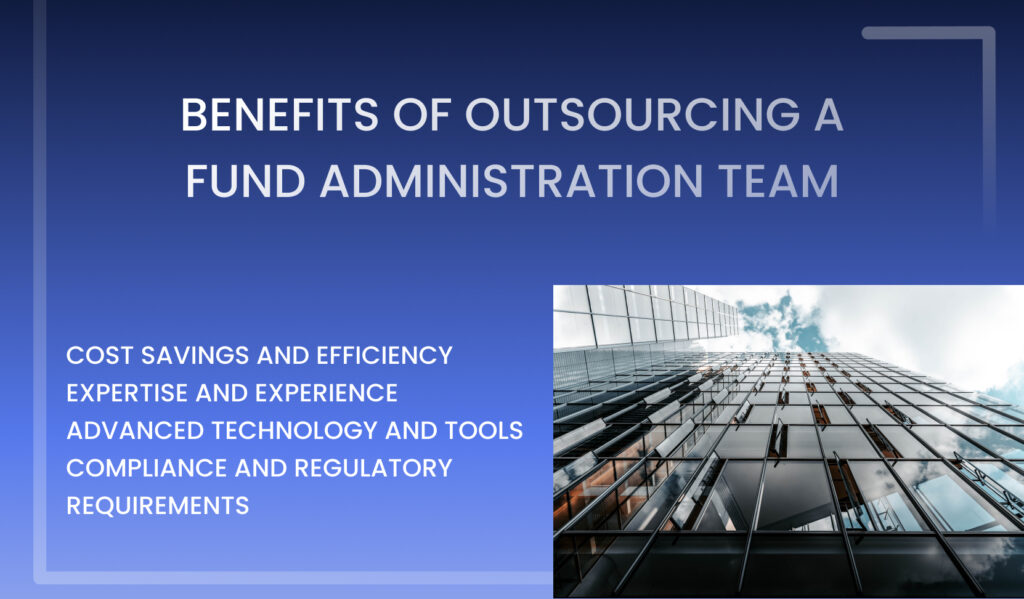
Fund Administrative Services: Four Key Considerations
Determining the appropriate time to onboard a fund administrator is a complex decision as it depends on various factors, such as the firm’s resources, the fund’s jurisdiction, and compliance requirements.
Below are four critical factors that you, as a GP, should consider when doing your due diligence.
Importance Of Understanding Your Firms Needs
Aside from having industry expertise, your firm may have specific needs compared to others. You want to ensure that the fund admin team you’re vetting provides customized solutions that address your requirements and align with your goals and objectives. This includes understanding your funds’ structure, investment strategy, and additional accounting support.
Choosing The Proper Fund Administrator Based On The Fund’s Structure And Strategy
Various private equity funds have other structures and investment strategies, which can require a different type of administrative support. Select an administrator with diverse scope and experience working with varying investment projects.
Assessing The Fund Administrator’s Reputation And Track Record
It is important to assess the reputation and track record of any investor reporting potential administrator. This includes reviewing their experience, qualifications, and references. It’s also important to consider their regulatory history and any past issues or concerns.
Suppose your firm is experiencing greater demands for transparency from its limited partners or transitioning from smaller to more prominent institutional investors. In that case, an in-depth exploration of the investment fund admin team’s reputation will help you in the long run.
Institutional investors typically require administrators who are well-known and widely used. They may also insist on specific IT certifications and other controls, such as SOC reports, GIPS 2020, and ILPA 3.0. Limited partners may also necessitate more extensive reporting to mitigate their risks. Additionally, investors may seek information regarding ESG risks and the assurance that private equity managers are investing in socially responsible investments (SRIs).
Considering the fund administrator’s geographic coverage and language capabilities
If the fund operates in multiple jurisdictions or languages, assessing any potential administrator’s geographic coverage and language capabilities is crucial. This helps ensure that their team complies with all relevant regulatory requirements and that investors have access to timely and accurate information.
Why Your Administrator’s Technology, Tools, And Team Matter
In today’s world, investors anticipate an investment management experience that is secure, accessible, and visually attractive. Furthermore, these expectations are projected to rise in the future. Private equity firms that meet these demands will establish stronger relationships with their investors.
To further strengthen and optimize your investor communications, you should pick a fund administrator that offers business intelligence solutions that help you determine which investor communications are effective and which are not. A capable administrator should be able to assist you with managing investor data and acting on insights.
To gain a better understanding of an administrator’s technology, consider the following questions when accessing a fund administration team:
Does the administrator use their own platform or third-party licensed software?
- If the software is licensed, are there any extra fees for licensing, upgrading, users, or installation, either monthly or one-time
- Does the platform have the capability to compute investor capital allocations internally, or does the administrator have to find an alternative solution to address the lack of this feature, such as spreadsheets?
How adaptable are their reporting capabilities?
- Can potential administrators customize their reporting or software to suit your requirements? If they can, what is the cost and estimated timeframe for the modifications?
- If you use a sophisticated and proprietary trading strategy, can the software seamlessly handle it? Being aware of this in advance could prevent unnecessary fees, programming costs, or delays that might render your trading strategy manageable and unprofitable.
What certifications does the administrator have?
- Certifications can include the below:
- Certified Public Accountant (CPA)
- Certified Management Accountant (CMA)
- Certified Professional-Human Resource (IPMA-CP)
- International Accredited Business Accountant (IABA)
- Certified Manager Certification (CM)
Chartered Certified Accountant (ACCA
Our Solution
As an investment management solutions provider, we recognize the importance of delivering accessible services proven to scale entities and enhance GP-LP relationships. Our team of experienced fund experts is committed to providing a reliable, worry-free, data-driven experience from beginning to end, allowing you to concentrate on the vital tasks of operating a profitable business.
InvestNext’s Innovative Fund Administration services provide CFO-caliber talent, access to institutional-grade technology, and regulatory compliance services for GPs grappling with the difficulties of managing internal and external logistics centered around their investors and fund management.
Schedule a demo today to learn more about how we can help elevate your fund with an Innovative Fund Solution.
